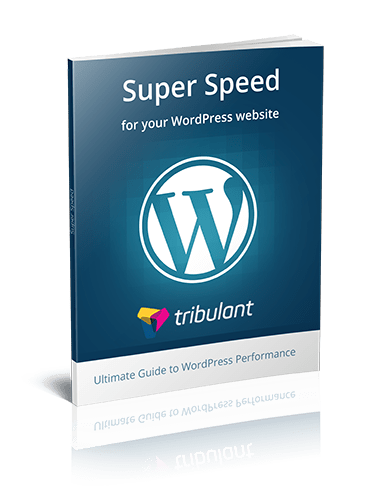
Content Marketing with ERP System to Boost your Business

Business Management Software offers a holistic view of business operations. Such an approach is essential to drive revenue growth and sustain even the toughest of competition. Marketing is an integral part of any business. Without a solid marketing plan, any business would be crippled at gaining the much-needed name and recognition in the market as compared to its competitors.
Marketing efforts can be backed by business management software like Customer Relationship Management (CRM) and Enterprise Resource Planning (ERP) to amplify the results. While CRM software is used to manage customer relationships, support customer service efforts and measure marketing automation efforts, ERP software handles the accounting and finance-related operations. When both these tools are combined, they deliver exceptional results that boost both productivity and profitability.
CRM and ERP integration offers a comprehensive view of customers’ detail. Post integration, marketing teams will have direct access to all the features provided in CRM and ERP such as sales (leads), support, campaign automation details, customer details, customer purchase history, pricing, accounting, etc. When marketing teams are well aware of all the aspects of buyer persona and buyer journey, it becomes easier to create more effective campaigns and marketing plans.
When CRM and ERP are integrated, it provides you a comprehensive overview of customer’s detail. After integration, you will have direct access to all the features provided in CRM and ERP such as sales (leads), support, marketing, customer details, their purchase history, pricing, accounting etc. If you are able to access all the information related to a customer then you can easily provide a better solution to them. CRM and ERP integrated systems can give you real-time access. It will have a respectable impact on your organization and a good relationship with the customer. Earlier when integrated solutions were not provided, everything was done physically and it was time-consuming as well. After the integration process, tasks are automatically managed through the various features available in the software like workflows, etc. It has also reduced the replica entries of the customer’s data.
CRM and ERP Integration provide the benefit of easy and rapid data sharing. The sales team can easily retrieve the information related to the customer’s prospect, billing, and their catalog. It will be helpful in the growing productivity of the company.
Considering the vast digital transformation that has happened in the past few years, CRM has gained digital marketing has gained quite some momentum and CRM is the backbone of enhancing and analyzing your marketing efforts. Social media marketing, content marketing, business listings, and customer experience are some of the biggest business opportunities. No doubt customer service is one of them. With decades being passed and customers becoming smarter, companies have started to invest maximum into customer service. A study states more than 85% of customers will spend more on a better end-to-end service. Now, you know the real motive behind spending your time and efforts into serving your customers right.
When CRM and ERP are integrated, multiple teams come together with the same operational goal. While Customer Relationship Management (CRM) software takes care of the customer service, marketing, and sales efforts, the Enterprise Resource Planning (ERP) Software will manage the accounts, finances, and resources. These two business management software offers a 360-degree view for companies to track and measure their day-to-day activities and log in to the most important documents related to customers and company products/ services. Multiple teams can save time on repeated communication and email updates since the entire view can be obtained from a customized dashboard. The in-built reporting templates and tax compliant terms help companies reap uncountable benefits in the long-run.
Conclusion
CRM and ERP integration will also be cost-effective as you would not need to get two separate setups. Also, you don’t need to install these two software on different machines. This will definitely reduce your cost of setups and systems. Also, it will reduce time as everything will be done individually. Now another benefit of integration is, it will also reduce your user training cost. You don’t need to organize distinct training for the users. It can be done at one time only. Thus, CRM and ERP integration can be very helpful in increasing the productivity of your business.
Kalyani writes about upcoming technologies like big data, machine learning, virtual reality, AI and robotics. Her expertise lies in growing the business opportunities by market qualified lead generation through inbound and outbound practices, majorly focusing on content. Kalyani works for Sage Software Solutions Pvt. Ltd., a leading provider of CRM and ERP Software to small and mid-sized businesses in India.
Beautiful Newsletter Templates
Professional newsletter templates that are fully responsive for desktop, tablet, and mobile. They are 100% cross-client compatible.




Hello and politeness
Thanks for the good content. It helped me a lot.